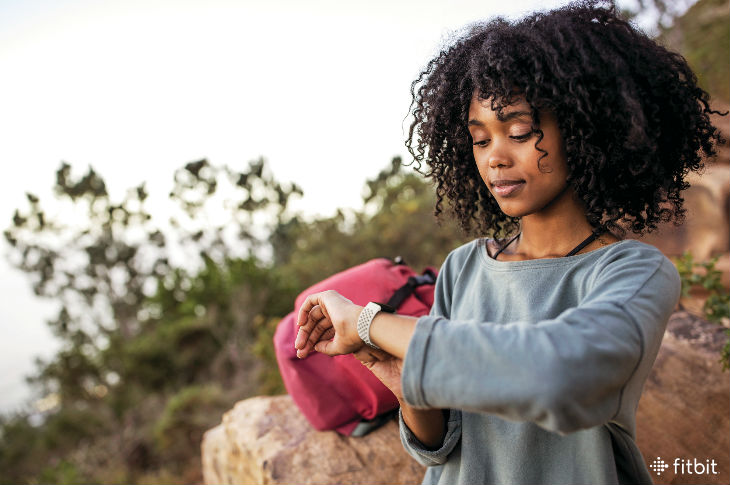
Note to reader: Our world is going through unprecedented challenges and changes. As we collectively navigate COVID-19 and the fight against racism, we believe it is important to stay well and take care of ourselves. We will continue sharing tips, tools, and resources to help our community do that. Read more about our response to racial injustice here.
During stressful times, regular physical activity may help to boost your mental and physical health. If you add at least one walk to your daily to-do list, you may find it easier to cope with the ways that life has changed recently. “It’s important to prioritize fitness during uncertain times, because it allows you to maintain part of your normal schedule [and] can serve as personal accountability,” says Greg Justice, a personal trainer and owner of AYC Health & Fitness in Kansas City.
Here’s how regular physical activity may positively impact your life:
It may help you live longer. A regular walking habit may lower your risk of heart disease, diabetes, dementia, and certain cancers, and it may have a protective effect on your immune system, all of which may help you avoid chronic disease and health complications. New research has shown that people who logged 8,000 steps per day had a 51 percent lower risk of being impacted by life-threatening illnesses and conditions than those who walked 4,000 steps per day, and people who walked 12,000 steps a day had a 65 percent lower risk than those with only 4,000 steps.
If you can’t get outside during the pandemic, don’t give up on your fitness goals; walking indoors at a pace that works for you may have long-term benefits as well. “If you are able to get out and walk within the context of [current local safety] guidelines, then taking a walk can indeed be an important way to stay moving,” says study author Charles Matthews, PhD, senior investigator in the National Cancer Institute’s division of cancer epidemiology and genetics. “You also accumulate a lot of steps from doing yard work, gardening, or chores around the house.”
It boosts your mood. Exercising releases helpful hormones and slows the release of stress hormones, which may make you feel better during and after physical activity. “The brain releases endorphins, also known as feel-good chemicals, throughout the body when you exercise,” says Justice. “This helps to reduce anxiety and depression.”
If you’re stressed or anxious, you may not feel motivated to go for a walk, but choosing to exercise can counteract those negative feelings. “Even a little bit of exercise in your day can go a long way,” says Noam Dinovitz, LCSW, a Philadelphia-based mental health therapist. “I often tell my clients that even one lap around the neighborhood is better than zero. If you find after your one lap that it’s just not doing it for you, then you’re not obligated to keep going. I’ve found more times than not that once you get out the door, the hardest part is behind you.”
Making the effort to get moving can also have mood-boosting benefits when you’re stuck inside. “Plug in some music and walk around your home,” says Dinovitz. “Even going up and down a set of stairs can help you get the same mental-health benefits of going for a walk.”
It helps you meet goals. Some people strive to reach a certain number of steps per day or move for 30 minutes daily. Prioritizing goals like these during a time when many things seem uncertain may help to give you a sense of power and control over your life.
Though step counts have declined worldwide during COVID-19, you can still make the decision to lace up your sneakers. “Achieving any type of personal goal can be the small, much-needed victory in your day or week that helps you pull through,” says Dinovitz. “Beat your run time. Get that extra push-up. One more sit-up. Anything that facilitates a sense of accomplishment and success can really boost morale.”
It inspires hope. Taking the time to notice the simple things that you see along your walk may prompt you to smile and feel more positive Keep an eye out for things such as flowers blooming, the days getting longer, the temperature slowly rising, or children writing inspiring chalk messages along sidewalks.
Turn your walk or hike into a moving meditation with these tips.
This information is for educational purposes only and is not intended as a substitute for medical diagnosis or treatment. You should not use this information to diagnose or treat a health problem or condition. Always check with your doctor before changing your diet, altering your sleep habits, taking supplements, or starting a new fitness routine.

If you have questions about a Fitbit tracker, product availability, or the status of your order, contact our Support Team or search the Fitbit Community for answers.
Please note: Comments are moderated and may not appear immediately after submission.